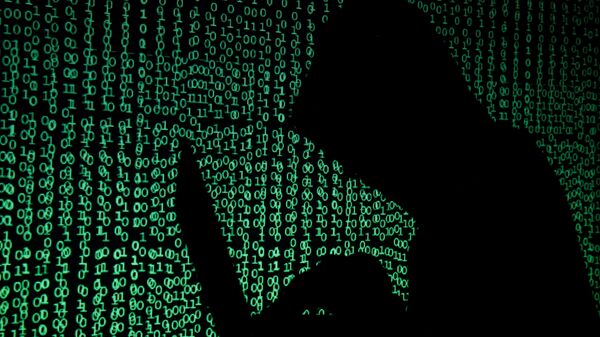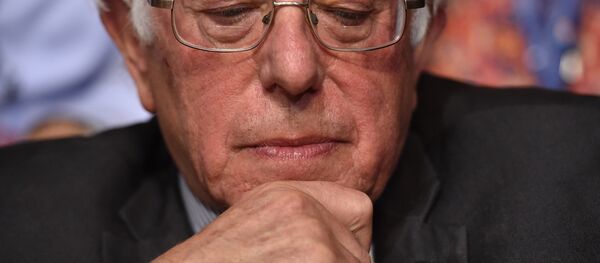"They did it a bit late. The first request was sent one week prior to the November election," Khramov said.
According to Khramov, Russia urgently responded to the request and provided exhaustive answers, including regarding technical aspects.
"Russia's relevant departments respond to all requests coming from foreign partners in a timely manner. That is why, the response was provided immediately, in November. Additional information was requested, as the data contained in their first appeal was blurred and mostly repeated media reports. Our competent departments, of course, asked partners to provide specific IP-addresses, attacks signatures and so on. The second request, containing additional information, came only at the beginning of this year. A detailed response was urgently provided," Khramov added.
The official added that prior to requesting the explanations from Moscow the US "well-known circles" used propaganda.
"In compliance with the political consultants' principle 'say that a person is wrong 600 times and everyone will believe it.' Apparently, counting on this, they deliberately delayed sending the official request to Russia," Khramov explained.
In July 2016, WikiLeaks whistleblowing website published the data from the DNC's email servers. The US accused the Russian government of masterminding the theft of data. The Russian government has denied the allegations, while the platform founder Julian Assange also denied Russia's involvement in the materials publication.
In October 2016, Washington claimed that Moscow allegedly used cyberattacks to influence the US presidential elections. In March, Russian President Vladimir Putin issued a direct denial of allegations that his country influenced the 2016 US vote. Russian Foreign Minister Sergey Lavrov also reiterated Moscow's assertion that the US's claims of Russian interference in the election were completely unfounded.



